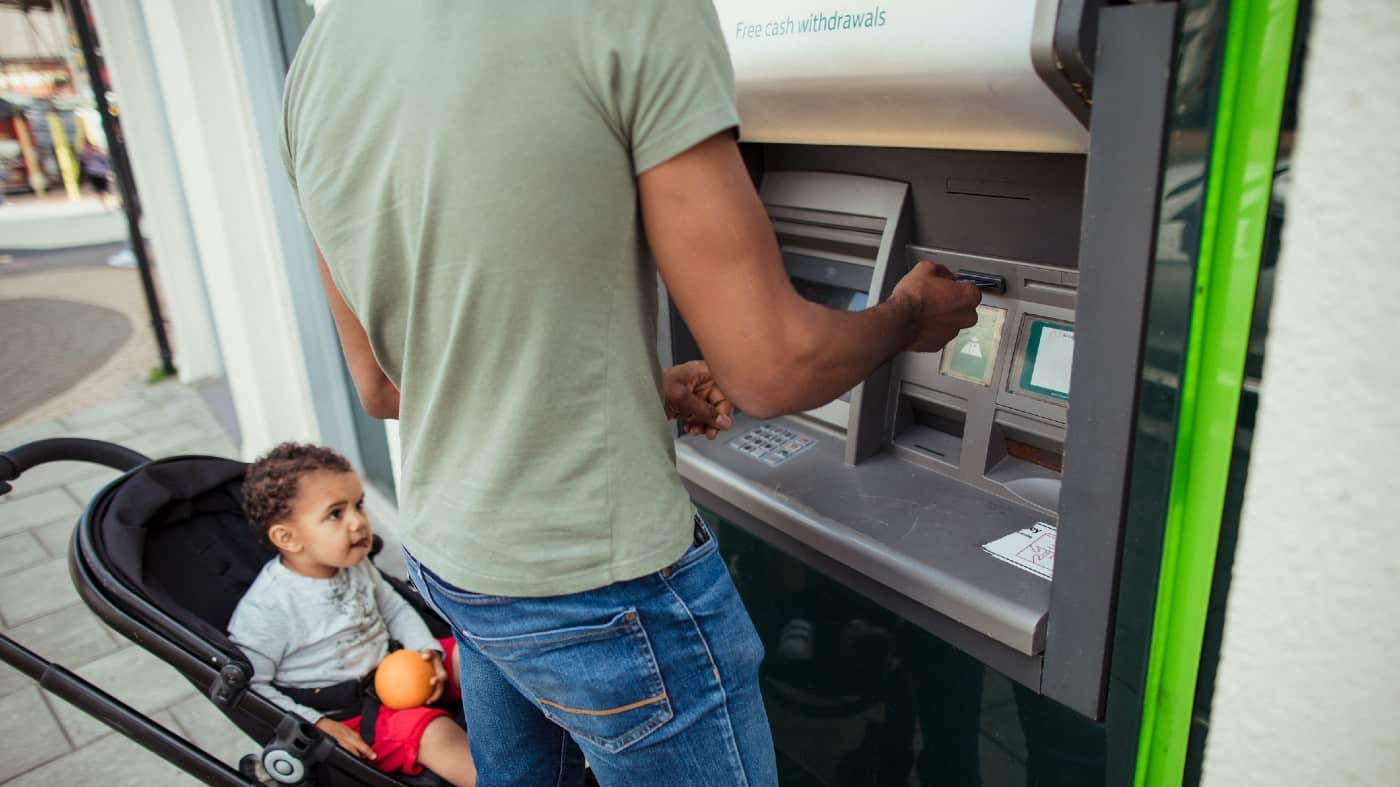The late 1990s. Britpop, budget airlines revolutionising the travel market, and shares of Lloyds (LSE: LLOY) changing hands for almost a pound each.
Spot the false memory!
Lloyds shares did not change hands for almost a pound each back then. In fact, the Lloyds share price was close to £5.
Nowadays, it is barely a tenth of that. Still, it has been moving up lately and stands 7% higher than it did at the beginning of the year.
Recently the shares have moved above 50p each, meaning they are halfway to selling for a pound. Could that happen?
Moving on up
Lloyds shares have been an abysmal long-term performer. The 25-year chart looks bad, but even over the past five years, they are down a fifth.
Yet at surface level, there seems to be a lot to like here.
The need for banking is huge and likely to remain that way. Lloyds has a well-entrenched position: its brands are well-known and the customer base is huge. Lloyds’s 18m customers are in its marketing database, for example. It is the country’s biggest mortgage lender.
On top of that, the bank is a money machine. Last year, post-tax profits came in at £5.5bn.
In fact, the profit track record over recent years has been something to behold. Even in 2020, Lloyds managed to turn a £1.4bn profit after tax. In the three years since, post-tax profits have totalled £15.3bn. Yet the market capitalisation is £32.6bn.
That puts Lloyds shares on a price-to-earnings (P/E) ratio of under seven. Not only do they look cheaply valued using that metric, but Lloyds shares trade at a substantial discount to book value.
Drivers for a higher share price
Clearly, though, some investors have concerns about Lloyds. After all, the shares have moved south in the past five years despite those mammoth profits and business strengths.
I think the explanation is fear.
Investors are fearful that, if the economy performs weakly and borrowers fall behind with their repayments (or stop making them altogether), Lloyds’ earnings would tumble. A weaker property market or higher default rates could also lead to book values being revised downwards.
Could strong business performance help the shares reach £1?
After all, even on today’s earnings, that would imply a P/E ratio of around 13. That does not seem particularly expensive for a proven, profitable FTSE 100 share. Higher earnings could make for an attractive-looking P/E ratio even at a £1 share price.
That might happen, but I think earnings would need to improve a lot – and they are already high. A dramatic further increase in bank earnings could increase political risks for the bank.
I think the more likely driver for Lloyds shares to hit £1 is investors becoming less fearful about loan defaults soaring and then rerating the whole banking sector positively on that basis. That could happen in future, but I doubt it will happen until we are clearly on the up in the economic cycle.
So while I think the shares may hit £1 again I do not expect that to happen in the next year or so.
For now at least I have no plans to invest. I would prefer to wait until the economic landscape looks less risky for banks’ loan books.






